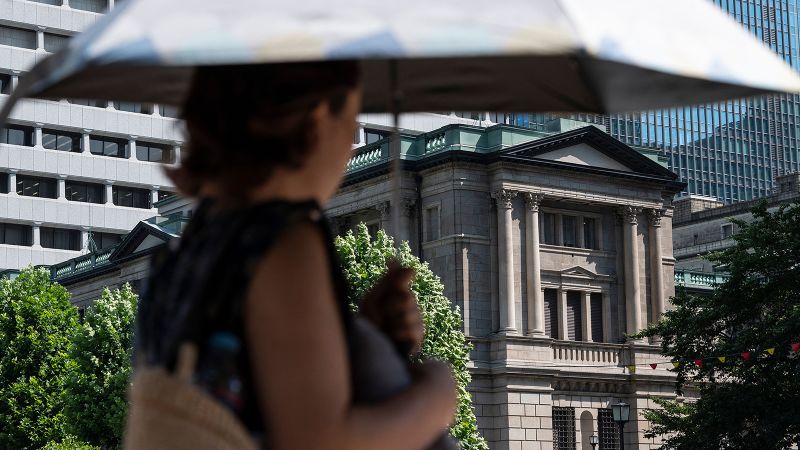This is the best summary I could come up with:
Japan has ended its negative interest rate policy, marking a historic shift away from an aggressive monetary easing program that was implemented years ago to fight chronic deflation.
Over the years, it has sought to encourage prices to rise by using a combination of conventional and unconventional monetary policies, including zero or negative interest rates and large-scale asset purchases.
“The Bank of Japan has today ended an era of exceptional monetary policy accommodation,” Morgan Stanley analysts said Tuesday in a research note.
The Japanese economy will continue growing at a pace “above its potential growth rate,” as a virtuous cycle from income to spending gradually intensifies, the BOJ said in the statement.
Accommodative is a term used to describe monetary policy that adjusts to adverse market conditions and usually involves keeping interest rates low to spur growth and employment.
That suggests the BOJ will not embark on an aggressive tightening cycle of the sort that other major central banks, such as the United States, have engaged in in recent years to control inflation.
The original article contains 715 words, the summary contains 171 words. Saved 76%. I’m a bot and I’m open source!



